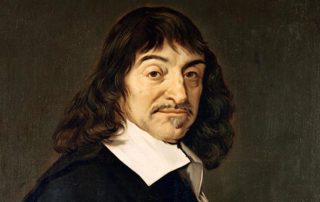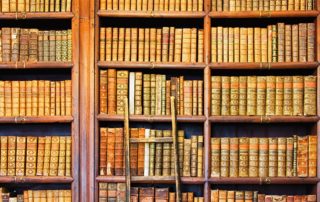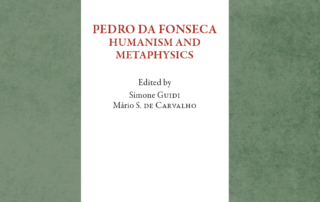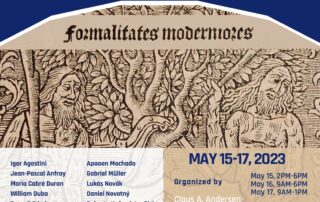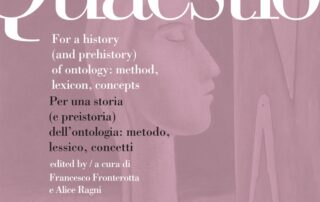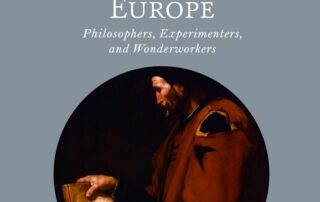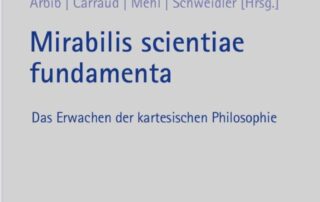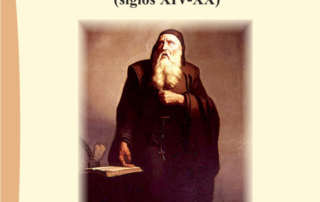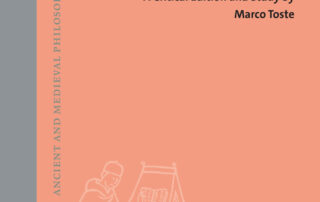“Logique et Métaphysique à l’époque cartésienne”, @ Università del Salento, Lecce, 13-14 March 2024
More information Organized by Igor Agostini @ the "Centro Dipartimentale di studi su Descartes e il Seicento" (Lecce), in collaboration with the "Centre d’études cartésienne" of the Sorbonne University. The seminar is organized within the PRIN 2022 PNRR Project: SOPHIA. [...]
